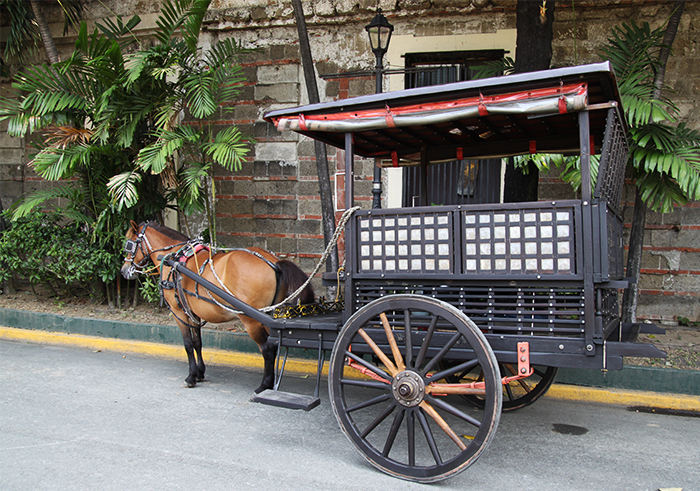
Intramuros
Manila is now known for it's sprawling city and traffic. But there is still a small part of the city that capture's Manila's past. In Intramuros, remnants of Spanish rule can be found in the form of Fort Santiago, refurbished colonial buildings and churches. This is the historic centre and oldest district of Manila. In fact Intramuros was Manila from the city's foundation in 1571 to the end of Spanish rule in 1898.
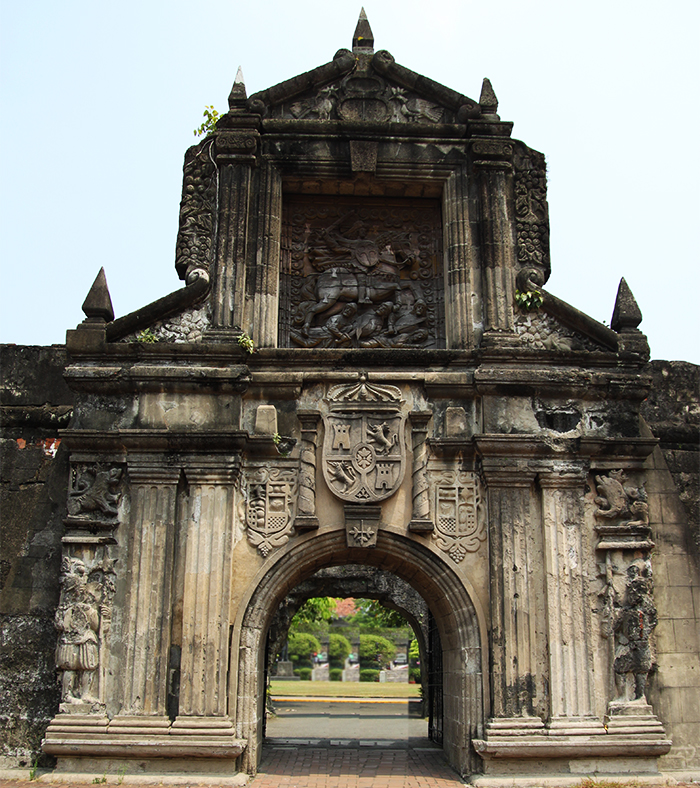
Fort Santiago
A walk around Fort Santiago will give you a good idea of the history and tragedies that happened in the area. Once the military headquarters of the Spanish colonial government and the location where José Rizal - the national hero of the Philippines - was imprisoned prior to his execution, now houses a small museum dedicated to his life and work in a restored section of one of the fort's former barracks. Next to the barracks, sunken dungeons act as reminders of the horrors that happened here especially during World War II, as the Japanese imprisoned hundreds of Americans and Filipinos.
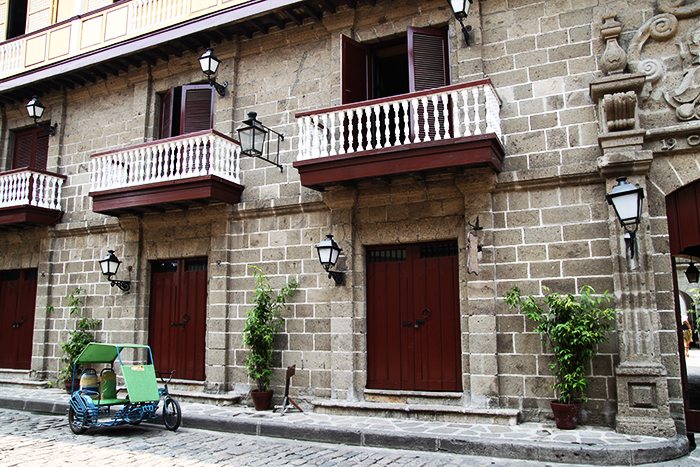
Casa Manila
Take a closer look at the colonial lifestyle during the Spanish colonisation of the Philippines in this museum. Set in a beautifully designed stone-and wood structure, it is directly across the street from the historic San Agustin church.
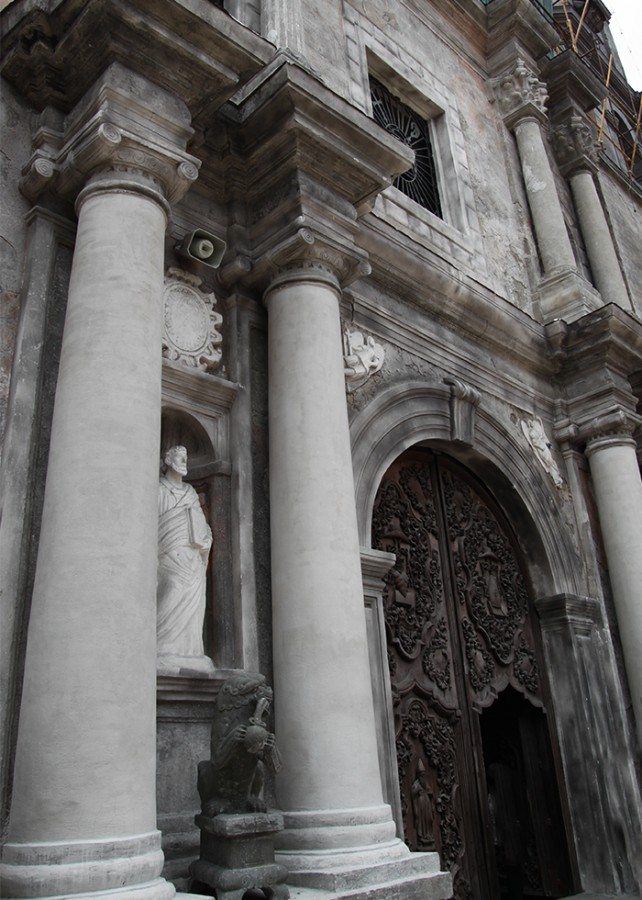
San Agustin Church
A beautiful Roman Catholic church under the auspices of The Order of St. Augustine, used to this day by the city's elite for weddings and funerals.
In 1993, San Agustin Church was one of four Philippine churches constructed during the Spanish colonial period to be designated as aWorld Heritage Site by UNESCO, under the collective title Baroque Churches of the Philippines.1
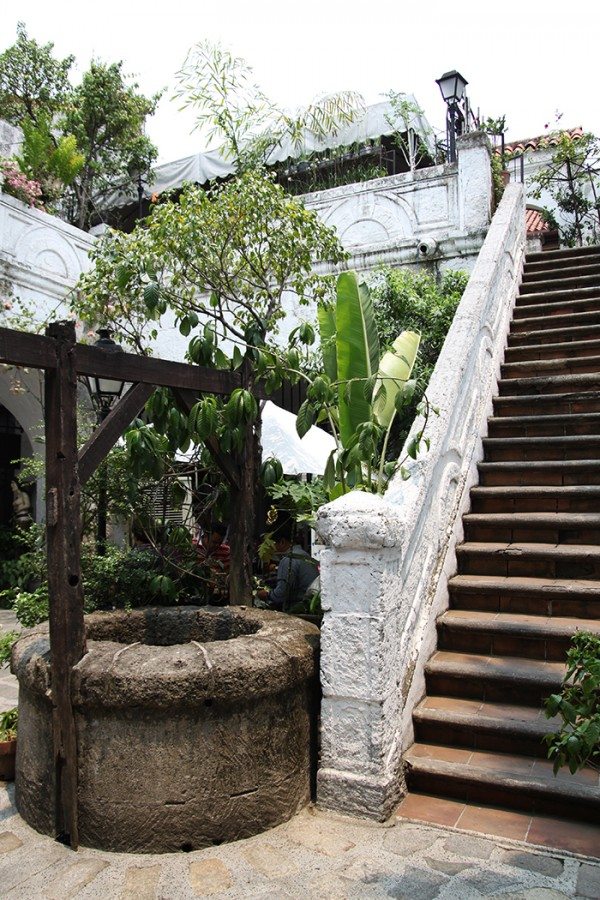
White Knight Hotel Intramuros
A chance to stay in the centre of Manila's history town in a charming restored building. White Knight Hotel also houses a restaurant with a gorgeous courtyard for alfresco dining.
Intramuros
References
1. Wikipedia

